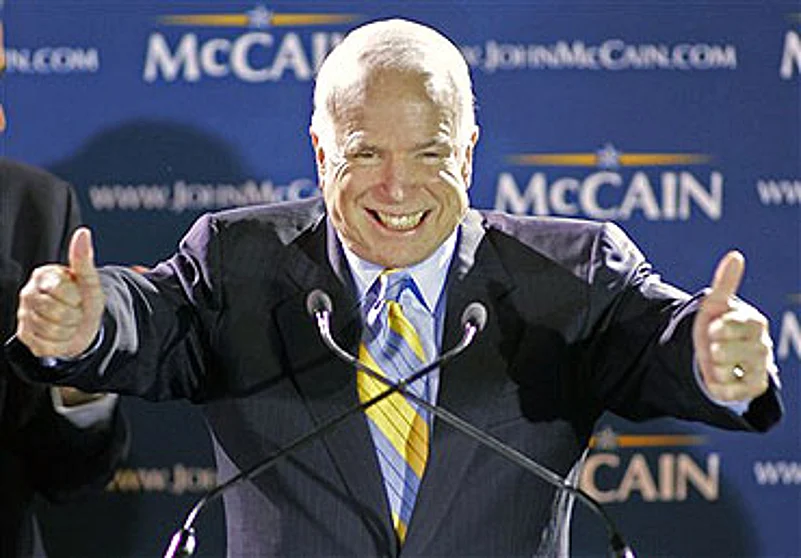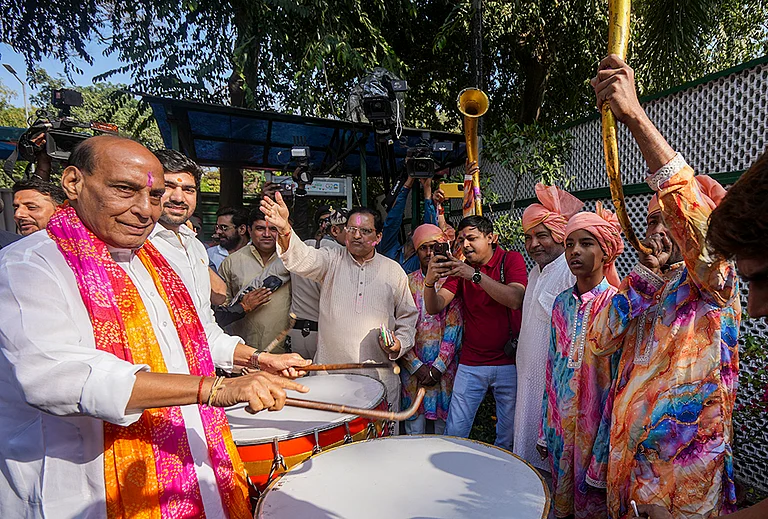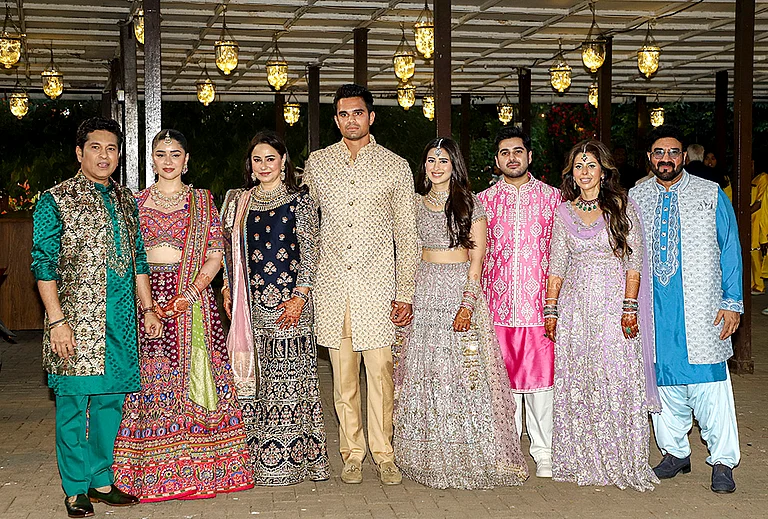- Barack Obama
Voted for killer amendments to the Hyde Act. Behind the clause asking US to urge other nations from providing nuclear fuel if it cuts off supply. Opposed outsourcing, dubbed Hillary "Democrat from Punjab". - Hillary Clinton
The most popular candidate among Indians. Shares her husband's love for India. But she came out late in support of the nuke deal. Voted for killer amendments to the Hyde Act. Indian Muslims wary of her. - John Mccain
Voted against killer amendments to the Hyde Act. Considered best for India's interest as he is most likely to persist with Bush's US policy. More popular among Hindus. Most doctors of Indian origin back him.
***

By contrast, the Republican Party appears to have a nominee—Arizona senator John McCain, a war hero who was first elected to the US Senate in 1986. His closest rival, former Arkansas governor Mike Huckabee, trails by a significant margin and has maths and most political pundits stacked against him. Most agree that one of the three candidates—Obama, Hillary and McCain—will take the baton from George Bush to become the next US president.
Outlook thought the moment opportune to analyse and judge the three from the perspective of New Delhi—Who among them would best suit India's interests? The verdict depends on the answer to another question: Who among the troika can sustain the momentum in Indo-US ties?
Most Indians are likely to name Hillary, largely because her charismatic husband and former president Bill created a veritable buzz on his visit to India in 2000. Though as first lady she didn't accompany her husband, she did subsequently fly down to India with her daughter, Chelsea. Yet the advantage of her familiarity with India could be offset should she, if she is elected, bring back those officials who belong to the 1990s era when Indo-US relations were frosty. Hillary is also the Democratic co-chair of the Friends of India Caucus in the Senate. But the caucus has done little to serve its intended purpose.
Others say the best way of judging the three candidates is to scrutinise the position each took on the Indo-US nuclear deal and their voting pattern on different clauses of the Hyde Act 2006 that paved way for cooperation in civilian nuclear energy between the two countries. Hillary, for instance, supported the deal well after most of her colleagues had placed their cards on the table.
Hillary and Obama's voting records on the Hyde Act are similar. Both backed California Democratic senator Barbara Boxer's killer amendment that sought to link nuclear cooperation to India severing military-to-military ties with Iran. The two, who were at the time planning presidential runs, #may have taken that stand to burnish their foreign policy credentials by acting tough on Iran. McCain voted against the Boxer amendment, which was eventually defeated.
Hillary and Obama also voted for a killer amendment sponsored by Wisconsin Democratic senator Russ Feingold, seeking to ensure that US fuel or technology wouldn't be used to develop India's nuclear arsenal. McCain abstained from that vote. The amendment failed to pass. Obama himself introduced an amendment compelling Washington to urge other countries not to supply nuclear materials to India if the US cut off this supply in response to India's actions, for instance, in the case of a nuclear test. The amendment was accepted. The Illinois senator also supported New Mexico Democratic senator Jeff Bingaman's amendment to limit the president's waiver authority, which both Hillary and McCain opposed—and which was ultimately not accepted. All three however, voted in favour of the Hyde Act.
Kamil Hasan is a superdelegate and California venture capitalist. He told Outlook he is leaning towards Hillary, for whom he is hosting a fundraiser at his home on February 18. Though the Indian community backs Hillary largely due to "name recognition", Hasan himself thinks it is "because she has been a great friend of the community, as well as a major supporter of strengthening Indo-US ties. The Clintons really understand the geopolitical importance of India."
Obama rubbed Indians the wrong way in June when his campaign shot off a memo deriding Hillary as the "Democrat from Punjab". Obama later admitted his campaign made a "dumb mistake". His opposition to outsourcing jobs also upsets some Indians, manifest in his promise of tax breaks to US firms that keep jobs from going overseas.
Ashok K. Mago, chairman of Dallas-based US-India Forum, told Outlook he would support a candidate who shares his beliefs, is supportive of the Indian American community and has shown commitment to closer Indo-US ties. Says Mago, who helped deliver key support for the nuclear deal from Texan members of Congress, "Neither Hillary nor Obama were enthusiastic supporters of this particular bill. Indian Americans should hope for McCain to be the next president."
Political analysts say the community's support for Obama, Hillary and McCain is also split along religious line—Muslims, who largely tend to back Democrats, are supporting Obama because they feel Hillary is too close to the powerful Jewish lobby; Hindus more than others are likely to root for McCain.
Dr Vinod Shah, president-elect of the American Association of Physicians of Indian origin (AAPI), says a lot of Indian doctors are conservative Republicans who support McCain. But Shah predicts the next president "will not ignore India, irrespective of whether he or she is a Democrat or a Republican."
It's quite unlikely the three will invest as much energy in Indo-US relations as Bush has, preoccupied as the next president will be with Iraq and Afghanistan, the Middle East peace process, and an economy that appears to be slipping into a recession. All that may be required from the next president is a steady hand on the rudder. However, personal interest from the top will no doubt invigorate the relationship. In its absence, much will depend on the key players in the next administration.





















